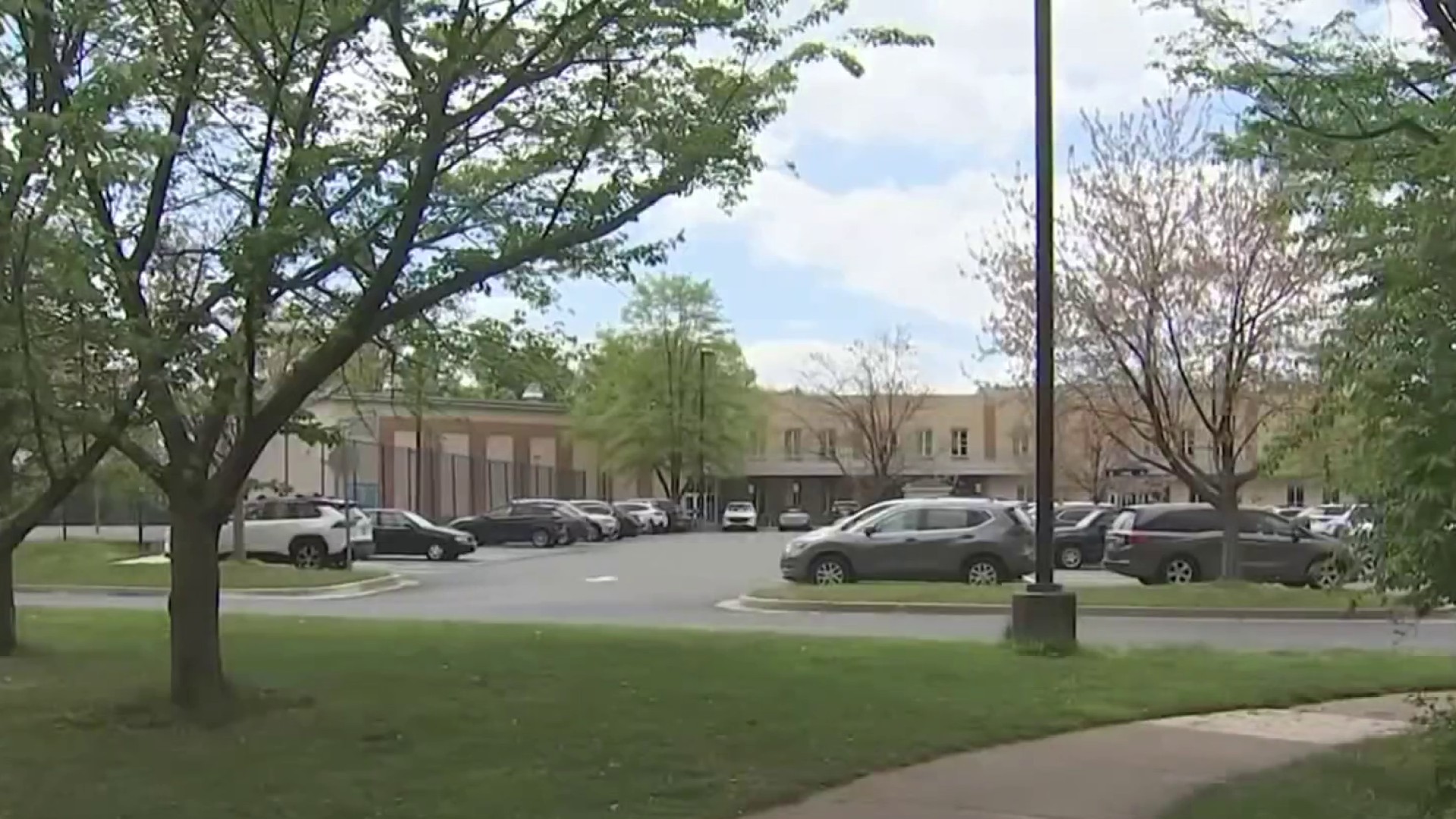
A Virginia Senate committee has approved legislation that would establish an alert system to dispatch mental health providers along with police to help stabilize people in crisis situations, a move prompted by the police killing of a high school teacher in Richmond police two years ago.
The bill approved by the Senate Judiciary Committee Thursday is named after Marcus-David Peters, a 24-year-old Black man who was killed while he was undergoing a mental health crisis. Peters, who was naked and unarmed, was fatally shot after he charged at an officer and threatened to kill him.
Since his death, Peters' family has pushed for an alert system that would call for a team led by mental health specialists to respond in similar situations.
“Marcus-David Peters needed help, not death,” his sister, Princess Blanding, testified during the hearing.
We're making it easier for you to find stories that matter with our new newsletter — The 4Front. Sign up here and get news that is important for you to your inbox.

She said the alert system would ensure that people who are experiencing a mental health crisis “receive help and not incarceration, that they receive help and not death.”
A bill sponsored by Sen. Jeremy McPike calls on the Department of Criminal Justice Services and the Department of Behavioral Health and Developmental Services to support the establishment of the alert system using mobile co-response teams throughout the state. The teams would be led by mental health service providers and also include peer recovery specialists and law enforcement officers.
Local
Washington, D.C., Maryland and Virginia local news, events and information
A separate bill sponsored by Sen. Jennifer McClellan included a mandate that all localities would either establish an alert system or join with another locality to do so.
The committee rejected the mandate, but voted to merge the two bills and send it to the Finance Committee.
The committee's vote came on the third day of a special legislative session called by Gov. Ralph Northam to address the budget impacts of the coronavirus and a host of criminal justice and police reforms.
Democrats, who took full control of the General Assembly earlier this year, have promised a wide-ranging session to consider more than two dozens reform proposals sparked by the May 25 police killing of George Floyd in Minneapolis and the nationwide protests that followed.
The committee also approved a bill that would allow localities to set up police civilian review boards to investigate complaints about police misconduct and make binding disciplinary determinations in cases that involve serious breaches of departmental and professional standards.
"This helps to provide transparency and accountability for police departments,” said Sen. Ghazala Hashmi, the bill's lead sponsor.
The committee also advanced a bill that would end the practice of juries handing down sentences in criminal cases, turning that responsibility over to judges except when a defendant specifically asks to be sentenced by a jury and in capital murder cases.
Sen. Joe Morrissey, the bill's lead sponsor, said Virginia is one of only six states that allow juries to sentence defendants, a system he said is antiquated. The remaining 44 states all leave sentencing to judges.
“This isn't some unusual, weird idea. This is how the rest of the country is doing this right now,” said Sen. Scott Surovell.
Some Republicans on the committee opposed the change.
“I think this bill needs to go down in flames,” said Sen. Tommy Norment. “It is absolutely flipping our criminal justice system on its head.”
Sen. Mark Obenshain said turning sentencing over to judges “says we do not trust our citizens of the Commonwealth of Virginia to sit in judgement and to hand down punishment for people who are prosecuted and convicted of crimes.”
The committee approved the bill and sent it to the Finance Committee.
Although Northam has urged lawmakers to move quickly, the first few days of the session have moved slowly.
The House isn’t planning to have any substantive committee hearings until next week because of a dispute between Democrats and Republicans over whether hearings can be held virtually. The Senate is not scheduled to meet again until Wednesday.



